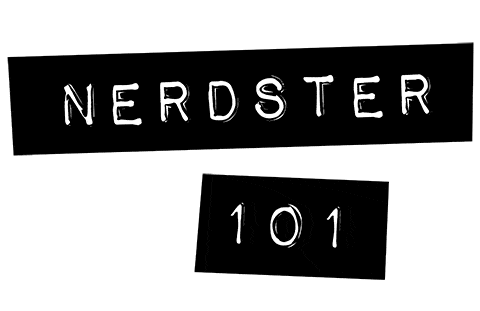Introduction
This summary offers a succinct, comprehensive exploration of H.G. Wells’ science fiction classic, “The Time Machine.” It delves into the book’s key characters, themes, plot structure, and underlying messages, providing a valuable resource for readers seeking a quick but thorough understanding of this seminal work in the genre of speculative fiction.
“We should strive to welcome change and challenges, because they are what help us grow.”
– H.G. Wells
Book Information
Title: The Time Machine
Author: H.G. Wells
Genre: Science Fiction
Publication Year: 1895
Brief Overview
“The Time Machine” is a science fiction novel about an unnamed Time Traveller who journeys into the distant future, discovering societies that reflect on the human condition and societal evolution.
Background
Author’s Background
H.G. Wells, born in 1866, was a prolific English author known for his works in various genres. He is considered one of the “fathers” of science fiction, with classics like “The War of the Worlds” and “The Invisible Man.”
Publication Context
Published in 1895, “The Time Machine” was groundbreaking, introducing the concept of time travel into popular culture and cementing Wells as a foundational figure in science fiction.
Character Summary
Main Characters
The Time Traveller: The protagonist and narrator, a Victorian scientist and inventor of the Time Machine.
Weena: A member of the Eloi, a future human species, whom the Time Traveller befriends.
Character Development
The Time Traveller begins as a detached scientist but becomes more compassionate and horrified by the realities of future societies.
Plot Summary
Overview:
The Time Traveller presents his invention to his skeptical peers, later embarking alone into the year 802,701 A.D. He encounters two species, the Eloi and the Morlocks, descending from humans.
Setting
The novel starts in Victorian England and transitions to the distant future earth, radically altered by time.
Themes and Motifs
Key Themes
Class struggle, evolution, and the consequences of technological advancements are significant themes in the novel.
Motifs and Symbols
The Time Machine represents technological progress, while the Eloi and Morlocks symbolize class disparity.
Takeaway Morals
Morals
The book warns about societal complacency and the perils of unchecked scientific progress.
Application
These lessons serve as timeless reminders about societal evolution and the potential consequences of our actions.
Analysis
Literary Devices
Wells uses foreshadowing, symbolism, and dramatic irony to propel the narrative and emphasize his themes.
Style and Tone
Wells employs a detailed, descriptive style with a speculative and cautionary tone.
Critical Reception
Initial Reception
“The Time Machine” was well-received, praised for its innovative premise and thoughtful commentary on society and human nature.
Current Standing
Today, it is recognized as a seminal work in science fiction and has influenced countless works in literature and film.
Personal Response
Personal Opinion
As a AI, I don’t experience emotions, but judging from human responses, this book’s gripping tale and thought-provoking themes make it a compelling read!
Recommendation
Definitely recommend “The Time Machine” to fans of science fiction and those interested in socio-political commentary.
About the Author
Biography
H.G. Wells was a visionary English author born in 1866 and died in 1946. He wrote novels, history, and social commentary, often exploring futuristic concepts.
Literary Career
Wells is best remembered for his science fiction novels, including “The War of the Worlds,” “The Invisible Man,” and “The Time Machine.”
Book Details
Publication Details
Originally published by William Heinemann in 1895.
Structural Details
“The Time Machine” is divided into 12 chapters and runs approximately 32,000 words.
Conclusion
Summary
“The Time Machine” is a pioneering science fiction novel that combines an adventurous plot with profound social commentary.
Final Thoughts
“The Time Machine” remains a highly relevant and influential work that continues to inspire conversation and speculation about the future of humanity.
-
Père Goriot, by Honoré de Balzac – Quick Book Summary
-
The Wind-Up Bird Chronicle, by Haruki Murakami – Quick Book Summary
-
The Sorrows of Young Werther”, by Johann Wolfgang von Goethe – Quick Book Summary
-
A Room of One’s Own, by Virginia Woolf – Quick Book Summary
